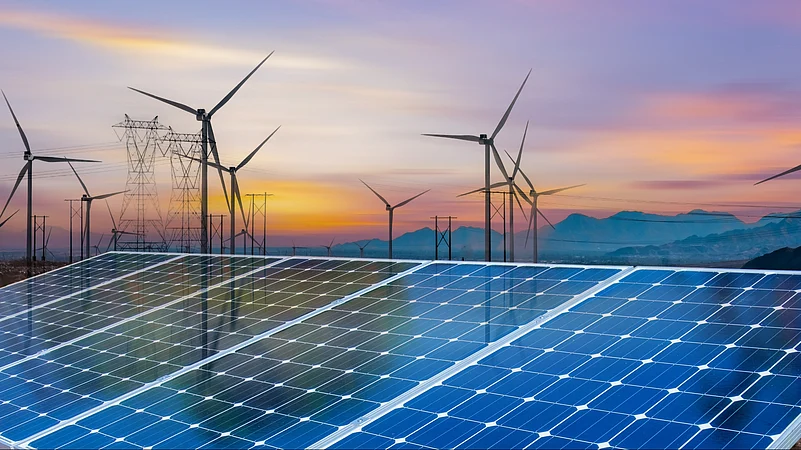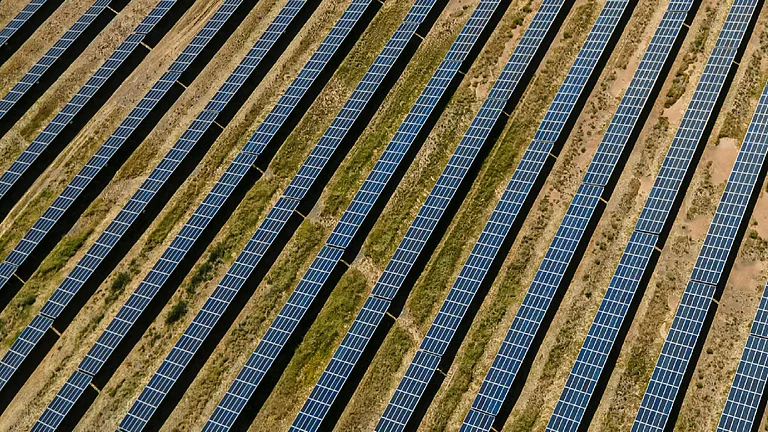
Public funding for fossil fuels rises despite record clean energy investment globally.
EV growth slows, many climate indicators off track for 2030 targets.
Fossil fuels still dominate energy consumption; accelerated policies urgently needed worldwide.
Public finance for oil, gas and coal are still climbing despite record global clean energy investment, according to the State of Climate Action 2025 report published by World Resources Institute (WRI).
The report further stated that global efforts to reduce greenhouse gas (GHG) emissions and enhance carbon removals are failing to materialise at the pace and scale needed to keep the Paris Agreement’s temperature goal within reach.
In addition, the report also found that none of the 45 indicators assessed for limiting global warming to 1.5 degrees Celsius are on track to achieve 2030 target.
For five of these indicators, recent rates of change are heading in the wrong direction entirely, such that an immediate step-change in action is needed to course-correct. Progress for another 29 indicators, while heading in the right direction, is well off track to meet the targets set out in the Paris Agreement and moving so slowly that at least a twofold — and for most, more than a fourfold — acceleration will be needed by the end of this decade.
“All systems are flashing red,” Clea Schumer, research associate at the World Resources Institute (WRI) and co-lead author of the report told Euro News.
Commenting on the dearth of time for ‘hesitation’ or ‘half measures’, Schumer told Euro News that a decade of delay has dangerously narrowed the path to limiting global warming to 1.5 degrees Celsius, and that without immediate, accelerated action, the challenge will become increasingly steep and difficult to overcome.
The above report also offers, as authors describe it, “the most comprehensive roadmap yet” for closing the gap in climate action across the sectors responsible for most emissions. Those include energy, transport, industry, forestry and food systems.
Out of the 45 indicators assessed, six are “off track,” while another 29 indicators are “well off track,” five are heading in the wrong direction entirely and five could not be evaluated due to insufficient data.
Even areas previously considered success stories are suddenly losing momentum.
The case of electric vehicles is also far from positive according to the State of Climate Action 2025 report. Electric vehicles made up a record 22% of global car sales in 2024, compared to just 4.4% in 2020. However, EV growth has slowed in major markets like the US and Europe as climate scepticism has grown. EV adoption is now categorised as "off track" in the report.
The use of fossil fuels is still stubbornly high, despite some clean energy sectors showing promise.
Fossil Fuel Use Persists
Fossil fuels still make up almost 60% of primary energy consumption, according to the Global Energy Review 2025 published by the International Energy Agency (IEA).
Even with record investment in renewables, global demand for coal and oil rose in 2024. Without accelerated policies, the world runs the risk of missing the 1.5 degrees Celsius target set forth in the Paris Agreement, the IEA report stated.





























